
Opinion
What lessons can Colombia teach us about our post-COVID reopening
Countries and cities all over the world adopted unprecedented mobility restrictions to combat the pandemic: the “pico y cedúla” example
21 April 2021

Ending the time of waste
We are the last generation that can prevent irreparable damage to our planet, let's clean up, catch up and smarten up.
1 November 2019

Towards a sustainable transport system
Transport accounts for a quarter of global carbon dioxide emissions and remains one of few sectors where emissions are still growing. A key challenge is determining the relative importance of pursuing a technological or a sociological solution: should we change transportation or the behaviour of people?
15 October 2018

Opinion
A Gaming Revolution for International Development
There are more than one billion people living under $1.25 a day and almost the same number playing at least one hour of video games worldwide. So, how can the popularity of games be harnessed for positive social change?
21 March 2017

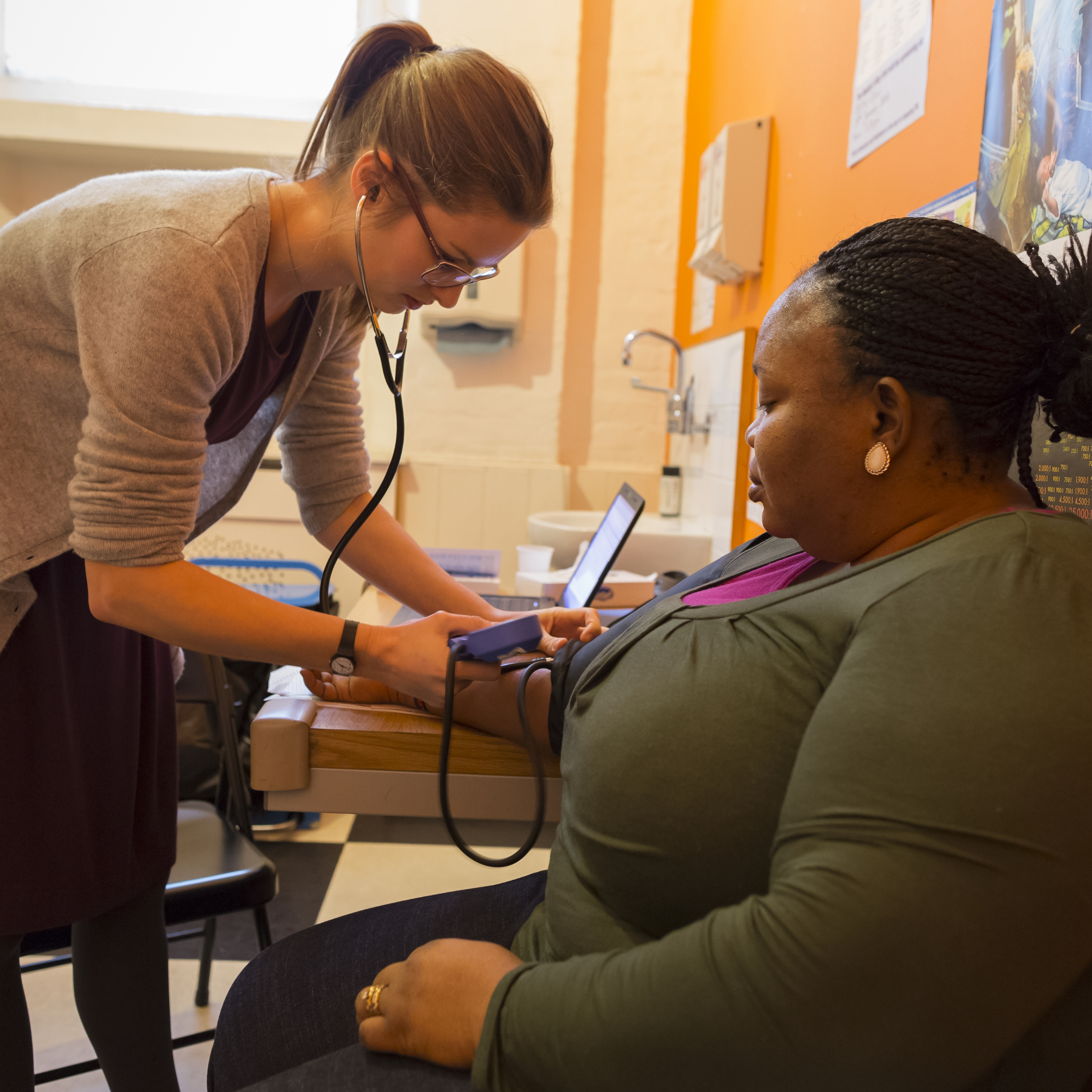
Moving the borders into healthcare
A political drive in the UK is leading to undermining of access to primary and emergency care for many vulnerable groups despite evidence of potential harm to individual and public health. Bringing little if any economic benefit, the policy to introduce charges for primary care and A&E for visitors and migrants is progressing at pace while critics of the policy are side-lined.
11 October 2016
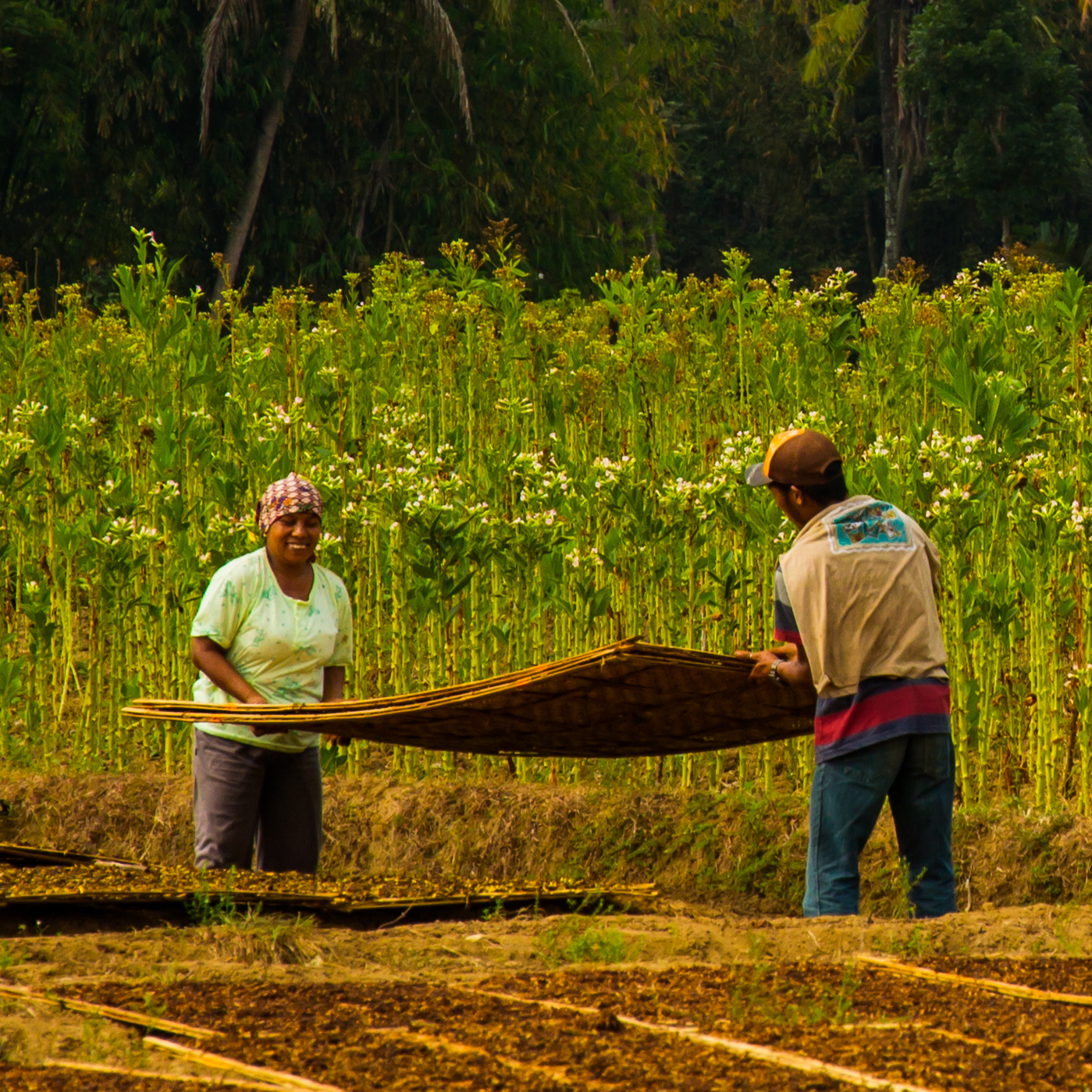
Does research guide tobacco control policy in Europe?
Despite the enforcement of the revised Tobacco Products Directive, aimed at tightening tobacco control policies throughout the EU, the orchestrated attempts of the tobacco industry to influence the outcome of the vote has raised concerns that research may have less importance in the shaping of public health policies.
3 October 2016

Coping with Air Pollution in an Age of Urbanisation
In order to tackle exposure to air pollution emissions in urban environments, policies should aim to keep people away from the most polluted areas rather than focusing exclusively on containing the root of the pollution itself.
24 June 2015
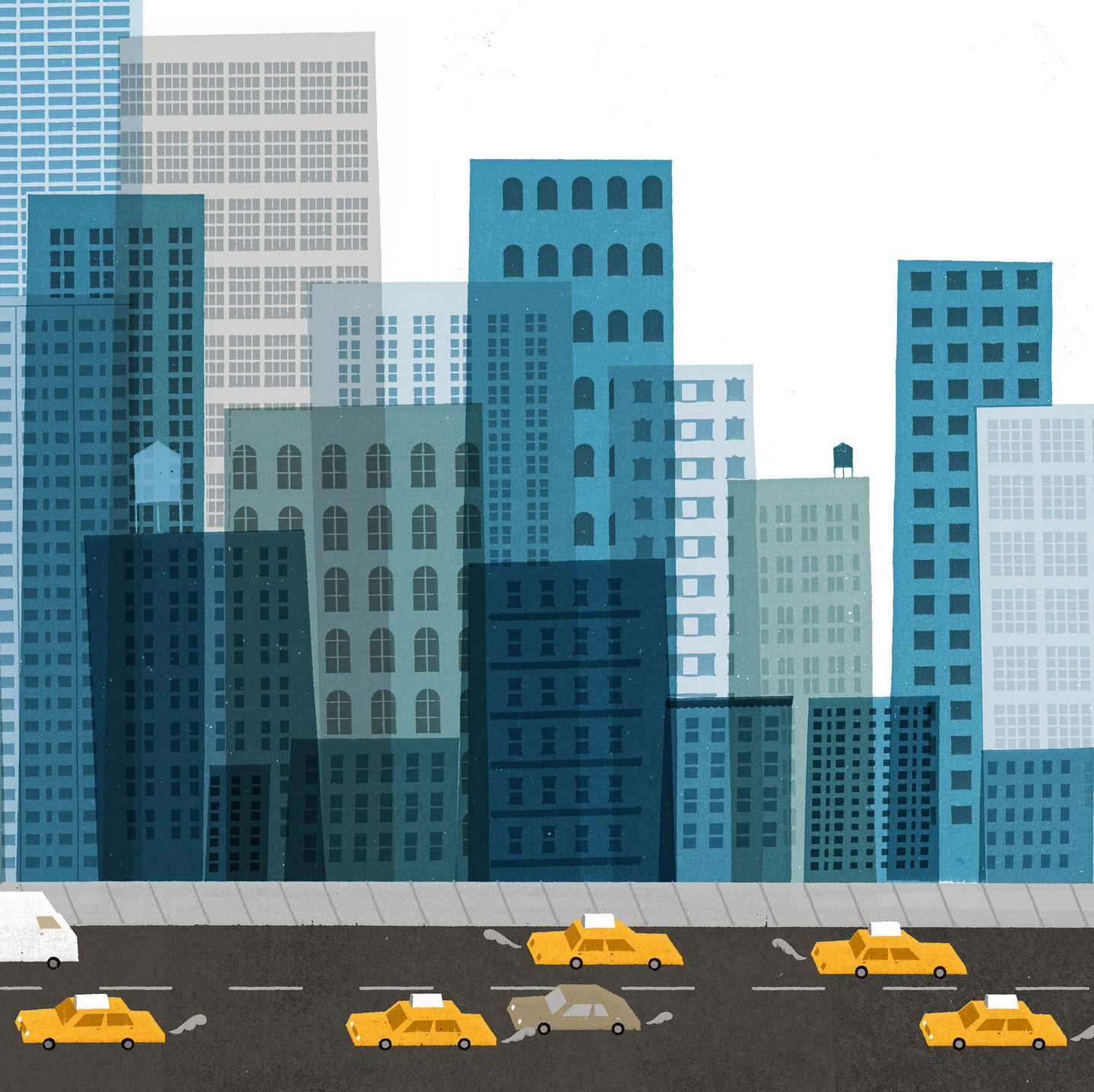
Bigger, Denser, Faster
While cities exist in a mesmerizing diversity of size and form, it is possible to detect subtle patterns that are common to all cities in the form of both increasing returns to scale and economies of scale. Driving these dynamics, what matters for a city is a high density of social connections over time and space, facilitated by built-up space and everyday mobility patterns.
23 June 2015

Explaining the Capitalist Crisis
Following a period of relative prosperity, the survival of liberal democratic capitalism is threatened by the prolonged economic slump that set in after the 2008 banking crisis. It turns out that the case for a free market system is undermined by commonly observed scale economies; producing uneven development and inequality.
22 June 2015
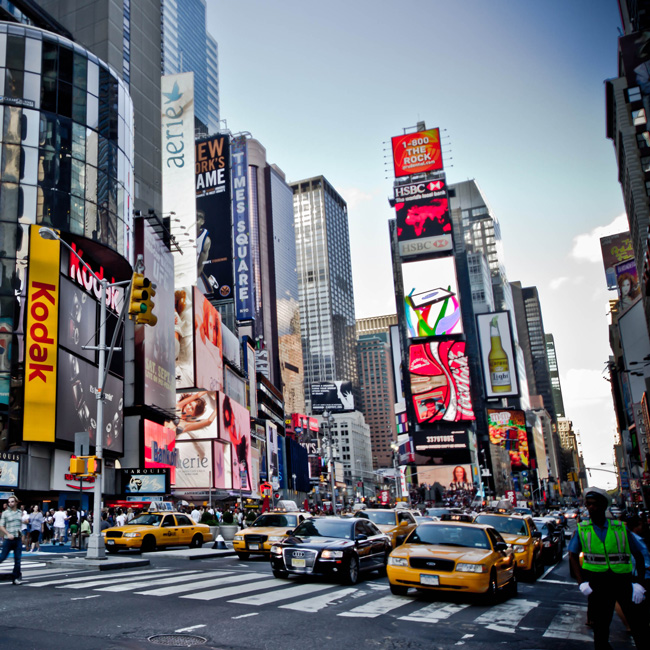
The City and the Triumph of Diversity
Why do urban centres thrive despite serious social problems such as crime and pollution? Cities represent the triumph of diversity over uniformity, bringing together many complementary skills and inputs to foster complex economic activities.
22 June 2015

Imagine a future dominated by brain emulation robots
History took us from the age of foraging to the age of farming, will brain emulation technology now take us from the industrial era to the age of the "em" economy?
22 June 2015

The Statistical Laws behind Cities
The intersection of two unexpected fields, physics and urban studies, suggests that what defines humanity is hidden in abstract mathematical probability distributions that we use to describe cities.
22 June 2015

Opinion
Power to the People: Building local energy capacity
The challenge of moving towards a low carbon future is one now embraced by the political leaders of the G7, but how that path will unfold is still a live political debate. Local energy co-operatives offer a viable and progressive path to sustainability.
22 June 2015

The Gathering Storm
A rights-based approach to protecting victims of climate-induced displacement is needed; one which recognises entitlement to assistance and protection, and leverages opportunities for safe and dignified migration.
15 May 2015

Smart Transport
Advancements in sensing and information technology for road transport performance measurement, such as wireless sensors and Automatic Vehicle Identification AVI, have recently begun to contribute to sustainable development and management of urban transport systems.
1 June 2014

Identity: Who Do You Think You Are?
By 2020, it is predicted that networked devices, streaming information and connecting us globally, will exceed 50 billion. But will we be able to switch off, or maintain distinct identities in online and offline worlds?
1 June 2014

The Virtual Drive
Augmented Reality (AR) has significant economic potential because it embeds virtual objects into physical reality at negligible marginal costs, while maintaining targeted advertising capabilities similar to those of the internet.
1 June 2014

Engaging Digital Citizens for Children’s Rights
Never before has there been such a rich opportunity to engage the world’s digital citizens, including a newly empowered youth, in issues surrounding children’s rights and well-being.
1 June 2014

Advancing Health Research Through Online Social Networking
The recent explosion of internet-based communication and education tools has enabled medical practitioners and researchers to interact with patients in new and innovative ways.
1 June 2014
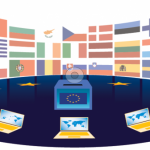
Digital Platforms and E-Bureaucracy in Participative Democracy
In times of widespread access to high speed internet and social media, one would expect that it is easy to reach out to millions of people and encourage them to participate in direct democracy – but experience so far has proven the contrary.
1 October 2013

Liquid Democracy: New Politics in a Connected World
What forms the basis of an emerging form of technological movement, such as that seen in Egypt and Brazil, and how might it be used to bring about a new political revolution?
1 October 2013
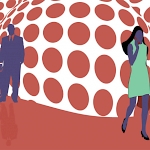
Opinion
Sexual Harassment in the Workplace
The past half century has seen leaps in women’s working rights, yet statistics show that sexual harassment is still a pervasive threat in the workplace.
1 May 2013

Ageing Societies
Better co-ordinating care, improving the flow of patient information and ensuring that adequate funding mechanisms are in place are crucial if societies are to deal with the challenges posed by ageing societies.
1 May 2013

Research
The Ageing Heart
Research based at Imperial College in the area of Popeye domain containing aims to provide a novel insight into the ageing process and potentially provide new therapeutic opportunities to help the ageing heart.
1 May 2013

Getting Everyone On Board To Get Women On The Board
Gender equality in both the workplace and the home can only be reached if mindsets change in parallel with the creation of new laws, and codes of practice.
1 May 2013

The Female Economy in China and India
Increasingly affluent and powerful female consumers in China and India are expected stimulate extraordinary growth – and deliver growth to the companies that serve them.
1 May 2013

Opinion
Accra Invaded
High rates of urbanisation and population growth has led to housing and infrastructural incapacity in Ghana, threatening the country's economic success story.
1 January 2012






